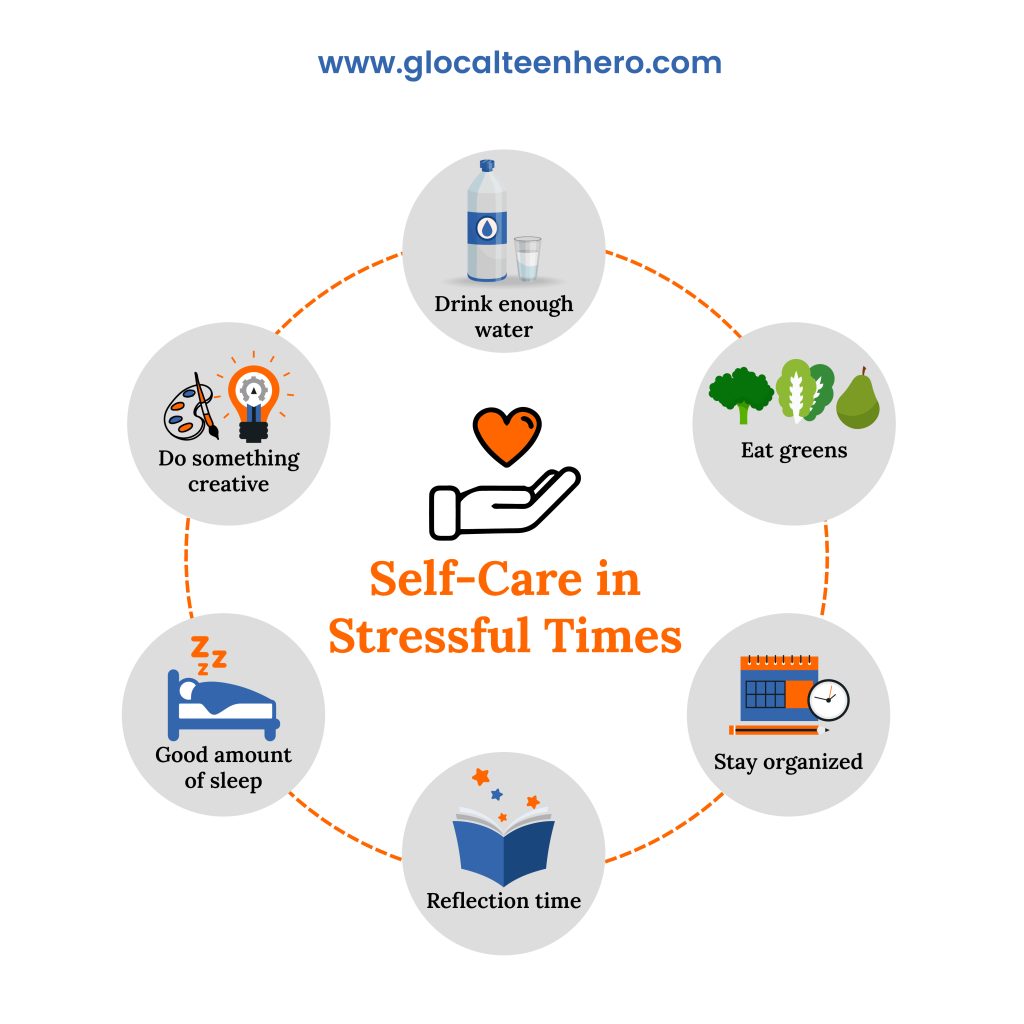In the modern rapid and frequently changing surroundings, the concept of resilience has grown in relevance. As we face the hardships of daily life, developing resilience becomes an important aspect of preserving mental health. Mindfulness has developed as a potent tool that has played an important role in this pursuit.
Mindfulness, which has its roots in ancient meditation practices, has gained popularity in modern psychology as a transforming force for developing resilience. In basic terms, mindfulness is maintaining one’s attention on the current moment without judgment.
Let’s see how this exercise might help you become stronger in the face of life’s unavoidable swings and turns. Here are the,
Short Tips,
Developing Emotional Regulation: Mindfulness promotes emotional control by fostering the careful observation of thoughts and feelings. This increased awareness encourages adaptability, allowing people to face obstacles with greater resilience and cognitive flexibility.
Stress Reduction and Management: Mindfulness helps to reduce stress in the modern world by relaxing and lowering cortisol levels. This physiological stress reduction increases resilience, allowing people to recover more quickly from life’s hardships.
Enhancing Cognitive Flexibility: Mindfulness improves resilience by increasing cognitive flexibility—the ability to adjust to new information and perspectives. This adaptability allows people to negotiate difficulties, discover creative solutions, and deal with uncertainty more easily.
Building Self-Awareness: Mindfulness promotes self-reflection and profound self-awareness by identifying one’s strengths, limitations, fears, and triggers. This increased self-awareness serves as a solid foundation, allowing people to approach life realistically, accepting their flaws while welcoming the opportunity for progress.
Improved Decision-Making: Mindfulness refines decision-making in the face of adversity, allowing people to make reasoned choices rather than reacting impulsively due to stress. This improved decision-making promotes resilience by directing people toward positive actions.
Developing Social Connections: Mindfulness improves personal lives and interactions with others by fostering deeper, more meaningful relationships. This social support, which is essential for resilience, provides a dependable network during difficult times.
In conclusion, mindfulness is a tremendous factor that shapes resilience in our lives. It combines emotional control, stress reduction, cognitive flexibility, and improved decision-making skills, resulting in a versatile tool for overcoming life’s obstacles. Beyond personal benefits, mindfulness strengthens social bonds and provides vital support networks. Mindfulness encourages personal growth and dedication by increasing self-awareness and recognizing life’s uncertainty. Integrating mindfulness into our daily routines sets us on a path to resilience, transforming the present moment into a source of strength and clarity in an ever-changing environment.


